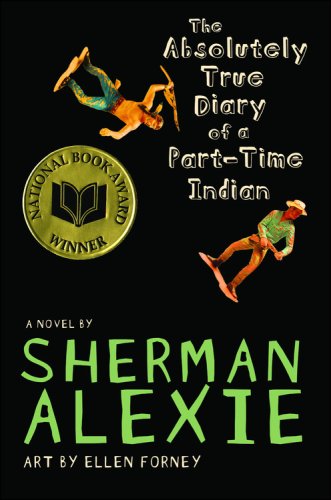

Those who had a good relationship had a 26 per cent chance of failing, compared with 33 per cent for those who did not get on well with their mother.

They found that boys who were close to their mothers at the age of 14 had a significantly lower chance of failing their Maths and English exams. Researchers examined the GCSE results for Maths and English of 6,500 children born between 20, including 5,414 children born to couples. This is a book both timeless and timely, burnished with anger but tempered by wit, and ultimately a hard-won offering of hope - a sometimes inconvenient, but nonetheless indispensable account for all of us, Indian and non-Indian alike, seeking to understand how we might tell a new story for the future.Boys achieve better GCSEs if they are close to their mothers, while girls are more likely to do well if their parents stay together, research has suggested.Ī study by the Marriage Foundation charity and the University of Lincoln demonstrates the role of family relationships in children’s exam success rates. In the process, King refashions old stories about historical events and figures, takes a sideways look at film and pop culture, relates his own complex experiences with activism, and articulates a deep and revolutionary understanding of the cumulative effects of ever-shifting laws and treaties on Native peoples and lands. Rich with dark and light, pain and magic, this book distills the insights gleaned from that meditation, weaving the curiously circular tale of the relationship between non-Natives and Natives in the centuries since the two first encountered each other.

WINNER of the 2014 RBC Taylor PrizeThe Inconvenient Indian is at once a “history” and the complete subversion of a history-in short, a critical and personal meditation that the remarkable Thomas King has conducted over the past 50 years about what it means to be “Indian” in North America.


 0 kommentar(er)
0 kommentar(er)
